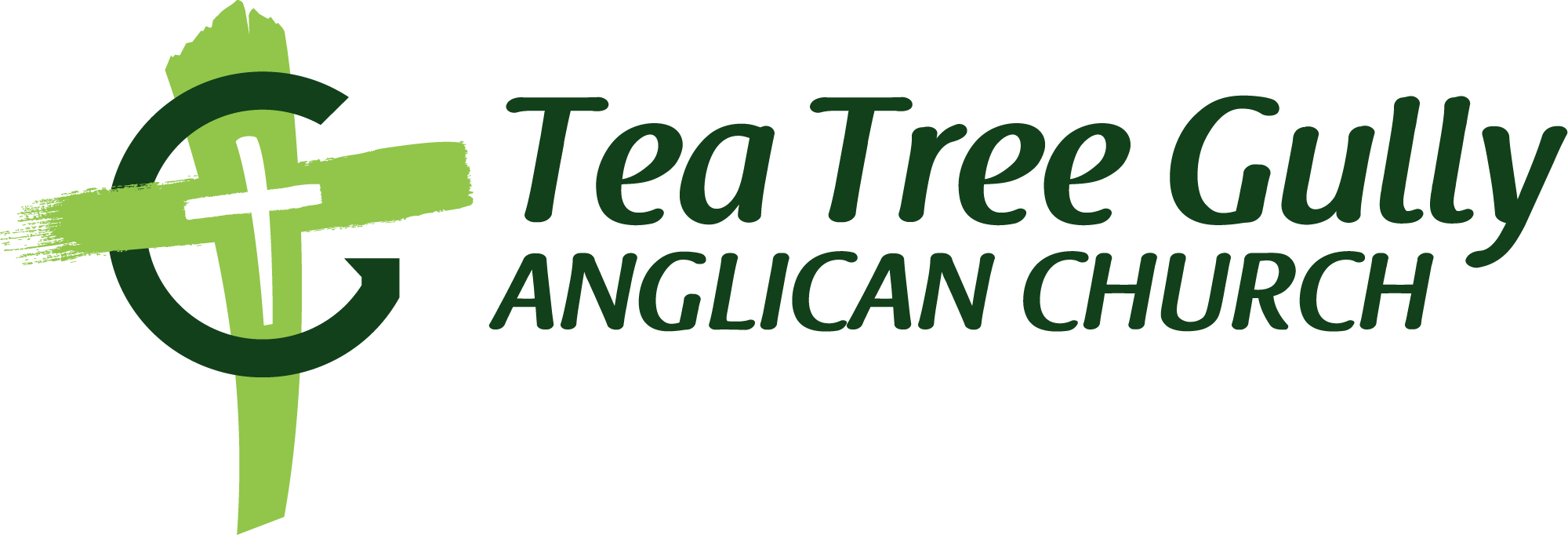By Akos Balogh
3) A Bad Way Ahead: Deny We’re All Driven By Our ‘gods’
One response is to first deny that people are driven by their underlying beliefs, and then insist that our deep beliefs must play no part in public discussion (for fear of the division it may cause). As author Tim Keller points out:
The rules of secular public discourse will not allow us to talk about [moral and religious beliefs], since, it is feared, discussions of religious beliefs will lead to endless public disagreement. However, we are already locked in endless disagreement, largely because we live with the illusion that we can achieve moral and religious neutrality.’
As many an observer has pointed out, we don’t need to talk about religion to achieve a state of disunity in this country. Take any political issue, and you have instant disagreement. But Keller continues:
And because we can’t talk about our real differences, we simply make power plays to weaken and marginalise our opponents, not persuade them.’
Not recognising – let along talking about – the underlying beliefs that drive us often leads to gridlock, and the proverbial butting of heads against each another. And thus, the other side disagrees with us because they’re nothing more than idiots (we assume), and so we treat them accordingly.
Thankfully, there is a better way ahead:
4) A Better Way: Admit We’re Driven By Our ‘gods’, and Don’t Assume the Worst in Others
As a Christian, it’s easy to assume that many on the Secular Left are out to get to us, desiring to take away our religious freedom. And yes, no doubt there are a few that overtly want to take away our freedoms.
But most people on the opposite side of the religious freedom debate don’t want to destroy us, they merely have a different view of what religious freedom is, based on their view of justice and morality.
And so, we shouldn’t assume the worst in others, but start by understanding where they’re coming from. We first need to understand their moral framework, their underlying beliefs, the ‘gods’ that are driving them. And if we seek first to understand those that oppose our views, this can lead to better, more fruitful conversations, than the outrage driven polarisation we’re seeing across the West.
Of course, this doesn’t mean that we’ll agree with them: but a deeper conversation will reveal that (thanks to God’s common grace), people often have a sense of justice that is good (e.g. secular people don’t want the vulnerable to be harmed), even though this works itself out in questionable policies.
Polarisation Is Here To Stay
Our deep differences aren’t going anywhere anytime soon. In fact, as our society leaves behind its Judeo-Christian heritage, the differences will only increase.
But for Christians, this will raise many opportunities to love those we disagree with, as we seek first to understand them, and engage with them, even as we put forward a better, Biblically informed view of ‘equality’, ‘justice’, and ‘human rights’.
